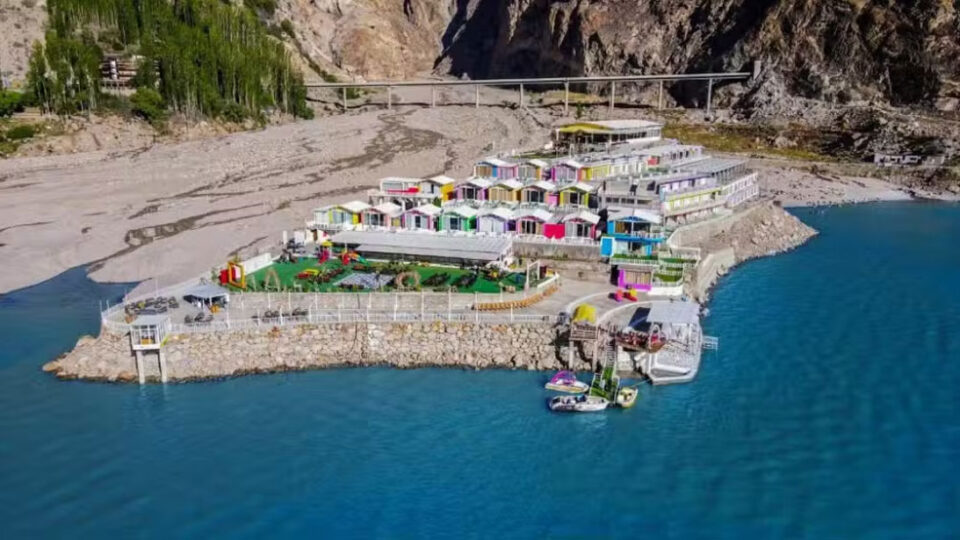Gilgit-Baltistan Bans New Construction Around Hunza Lakes to Protect Environment
In a significant move to preserve the region’s fragile ecosystem, authorities in Gilgit-Baltistan have announced a ban on new construction and hotel expansion around three of Hunza’s most visited lakes—Attabad, Borit, and Duiker.
Five-Year Moratorium to Curb Environmental Impact
The decision follows growing concerns over unregulated tourism, pollution, and ecological degradation. Earlier this month, the Gilgit-Baltistan Environmental Protection Agency (GB-EPA) proposed a five-year ban on any hotel construction or expansion in the affected areas.
This recommendation was backed by several environmental violations, including a recent case where a hotel was fined Rs. 1.5 million for discharging untreated sewage into Attabad Lake—an issue brought to light by foreign tourist George Buckley, who shared a viral video highlighting the lake’s pollution.
Official Orders and Compliance Measures
On July 11, the Deputy Commissioner of Hunza issued an official notification, placing an immediate hold on all new no-objection certificates (NOCs) for commercial or residential construction in the Attabad, Borit, and Duiker lake zones. The order cited the region’s limited ecological capacity and called for urgent environmental safeguards.
Meanwhile, the Deputy Commissioner of Baltistan also imposed a region-wide ban on new hotel and motel projects in ecologically sensitive areas, until full compliance with the Ecologically Sensitive and Critical Areas Rules 2023 is ensured.
EPA Raises Alarms Across GB
The GB-EPA has previously flagged unchecked development in other popular tourist hubs like Skardu, Kachura lakes, Shigar, Kharmang, and Ghanche districts. In a formal letter to Hunza authorities, the agency demanded a halt on projects without wastewater management systems, citing serious health and environmental risks.
The agency’s recommendations include:
-
Five-year ban on all hotel-related construction in central Hunza, Duiker, Attabad, and Borit Lake
-
Complete prohibition of building on Borit Lake’s shores
-
Stricter boating regulations to protect aquatic ecosystems
-
Designation of eco-tourism zones to balance tourism with conservation
Pollution Threatens Public Health and Wildlife
Recent water quality testing revealed sewage contamination in local lakes, increasing the risk of waterborne diseases like typhoid, dysentery, and hepatitis. The use of diesel generators by hotels is also contributing to air pollution, posing respiratory threats to both residents and tourists.
The report emphasized that Duiker Lake is already suffering from the impacts of overdevelopment and inadequate waste disposal, and the situation could worsen without intervention.
Steps Toward Sustainable Tourism
To protect the area’s biodiversity, including migratory and endangered birds, the GB-EPA also recommended limits on boating and other tourist activities. Increased human presence, the agency warned, is disturbing wildlife and threatening the ecological balance of these high-altitude lakes.
This decisive action marks a crucial step toward responsible tourism and environmental protection in Gilgit-Baltistan. Authorities are calling on all stakeholders to prioritize sustainability to ensure that the natural beauty and biodiversity of the region are preserved for generations to come.

